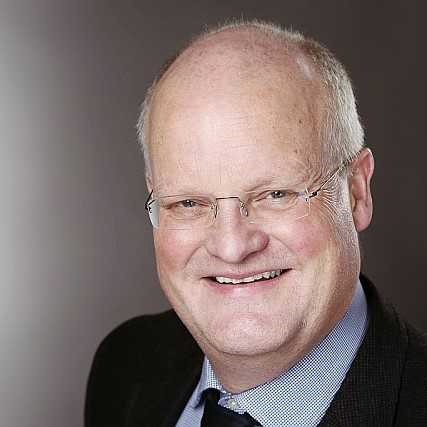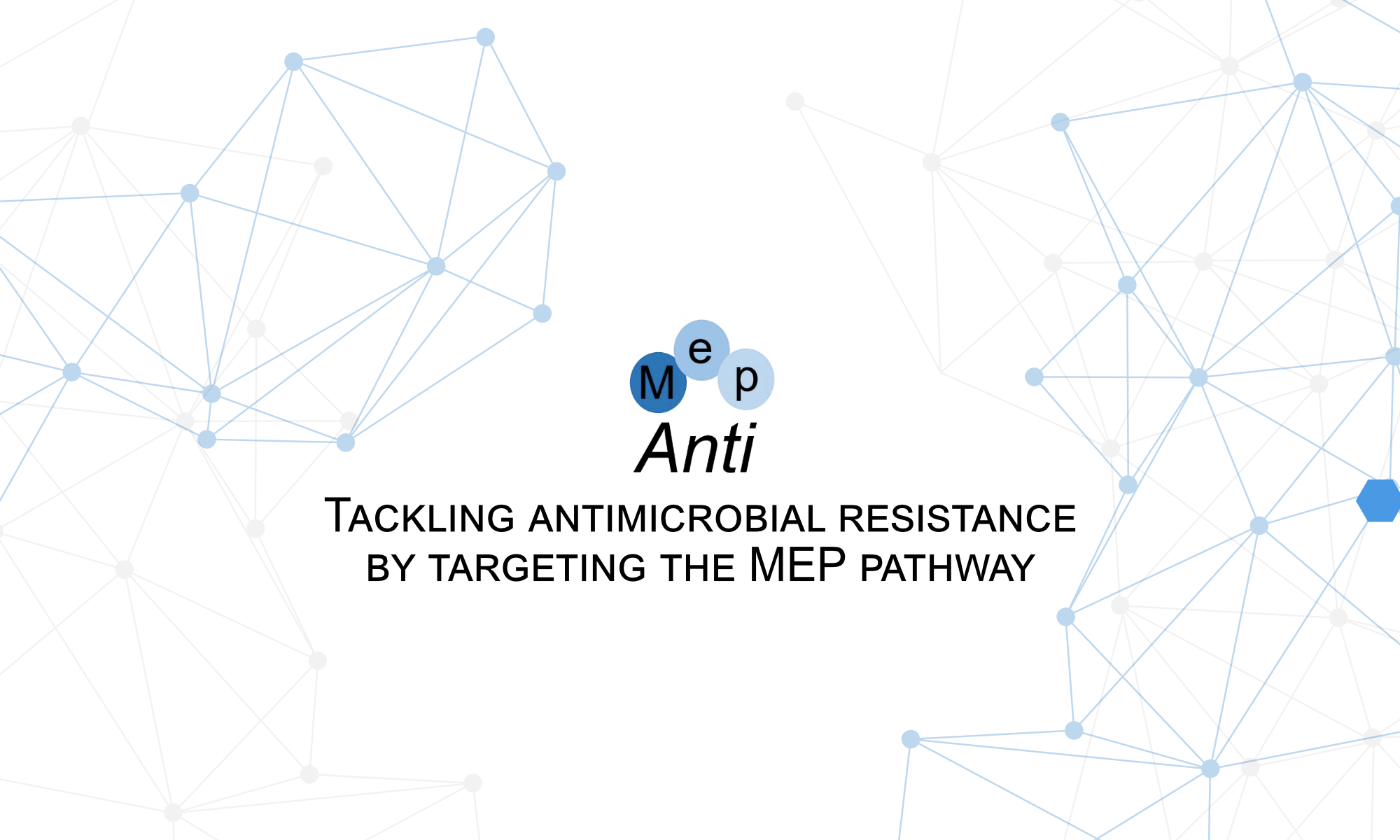 Dr. Reiling studied chemistry in Freiburg (Germany) and focussed on biochemistry during his masters thesis. He did his PhD thesis at the Research Center Borstel (RCB), close to Hamburg in the Dept. of Immunology and Cell Biology and graduated with distinction in 1995. After a postdoctoral stay at the Picower Institute for Medical Research (Manhasset, NY, USA) working on the HIV infection of human macrophages, he returned to Borstel in 1998 and became very interested in the infection biology of pathogenic mycobacteria. In 2005 he completed his habilitation at the University of Lübeck (Focus Cell Biology and Biochemistry). He then started his own group and became Head of the Division of Microbial Interface Biology within the Priority Research Area Infections at RCB in 2008. He is a member of the DFG-Excellence-Cluster 306 “Inflammation at Interfaces” (Kiel-Lübeck-Borstel) and since 2013 also Member of the Thematic Translational Unit Tuberculosis (TTU TB) within the German Center for Infection Research (DZIF).
Dr. Reiling studied chemistry in Freiburg (Germany) and focussed on biochemistry during his masters thesis. He did his PhD thesis at the Research Center Borstel (RCB), close to Hamburg in the Dept. of Immunology and Cell Biology and graduated with distinction in 1995. After a postdoctoral stay at the Picower Institute for Medical Research (Manhasset, NY, USA) working on the HIV infection of human macrophages, he returned to Borstel in 1998 and became very interested in the infection biology of pathogenic mycobacteria. In 2005 he completed his habilitation at the University of Lübeck (Focus Cell Biology and Biochemistry). He then started his own group and became Head of the Division of Microbial Interface Biology within the Priority Research Area Infections at RCB in 2008. He is a member of the DFG-Excellence-Cluster 306 “Inflammation at Interfaces” (Kiel-Lübeck-Borstel) and since 2013 also Member of the Thematic Translational Unit Tuberculosis (TTU TB) within the German Center for Infection Research (DZIF).
His research focusses on the resistance and persistence mechanisms of pathogens in particular with regard to pathogen variability and the infection biology of mycobacteria in vitro and in vivo (lipid metabolism). He developed novel approaches to isolate und characterize intracellular compartments from uninfected and M. tuberculosis-infected macrophages (phagosomes, macropinosomes and lipid droplets) and has identfied a functional role of Wnt/Fzd signaling in inflammation and infection. With regard to the EU-funded MepAnti he will bring in his expertise in the use of different test systems to identify novel lead compounds with antimycobacterial activity.
